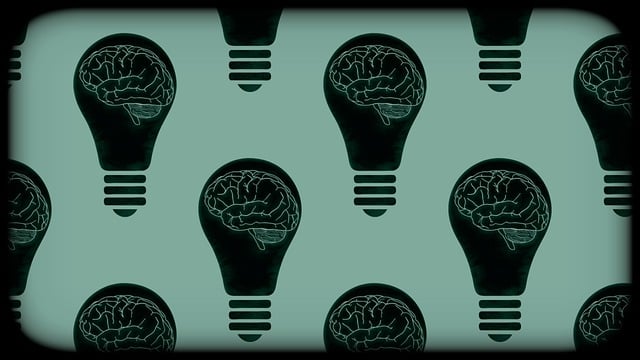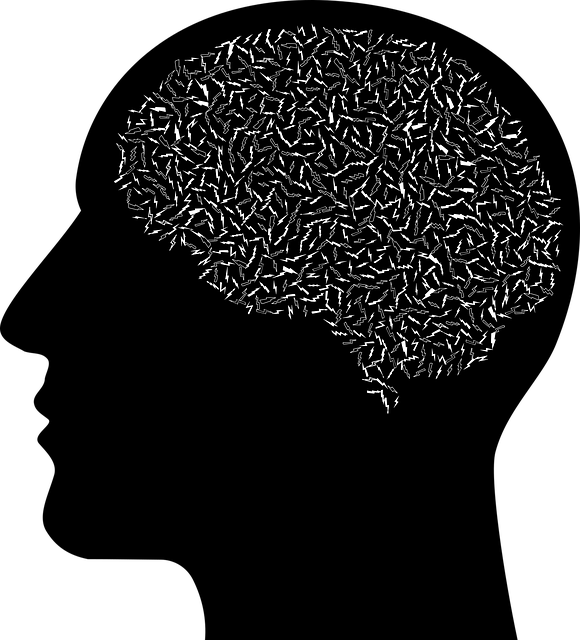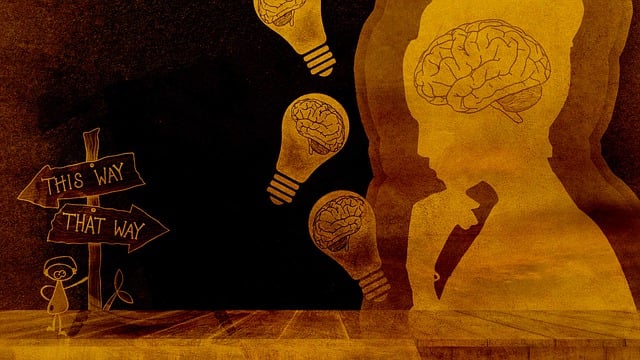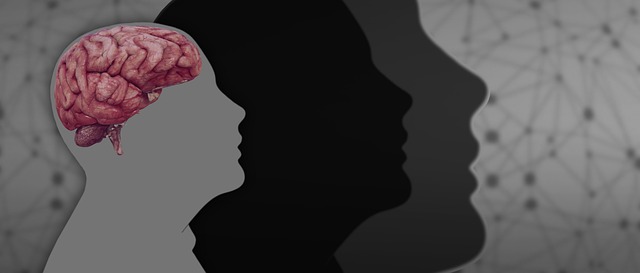Boulder Sexual Dysfunction Therapy prioritizes cultural sensitivity in mental healthcare, acknowledging that each client's background shapes their unique perspective. By integrating culturally relevant programs and training therapists, they ensure tailored treatment accessible to diverse communities. This approach facilitates open communication about sexual health, enhances therapy outcomes, and promotes effective depression prevention methods that resonate with various cultural backgrounds. Understanding cultural differences in stress management, resilience building, and emotional healing processes is crucial for delivering personalized care. Research highlighting these disparities among different ethnic groups seeking therapy further emphasizes the value of cultural sensitivity in Boulder Sexual Dysfunction Therapy's inclusive approach.
In today’s increasingly interconnected world, cultural sensitivity in mental healthcare is more vital than ever. Understanding cultural diversity enriches therapy, ensuring effective support for all individuals, regardless of their background. This article delves into crucial aspects of culturally sensitive practice, including the impact of cultural identity on mental health and specific strategies like Boulder Sexual Dysfunction Therapy that respect diverse beliefs and practices. By exploring active listening, cultural humility, and inclusive language, we can navigate the complexities of cultural differences to foster healing environments.
- Understanding Cultural Diversity in Mental Healthcare
- – Exploring the scope of cultural sensitivity
- – The impact of cultural background on mental health experiences
Understanding Cultural Diversity in Mental Healthcare

In the ever-evolving landscape of mental healthcare, understanding cultural diversity is no longer a consideration but a necessity. Boulder Sexual Dysfunction Therapy recognizes that each client enters therapy with their own unique cultural tapestry woven from their experiences, beliefs, and values. This cultural sensitivity is pivotal in fostering effective therapeutic relationships, ensuring treatment plans are not only evidence-based but also culturally relevant and accessible.
By integrating coping skills development tailored to diverse backgrounds, therapists can address the nuanced challenges faced by individuals from various communities. Moreover, community outreach program implementation plays a crucial role in expanding access to mental health services for underserved populations. Preventing burnout among healthcare providers is also essential; cultural awareness training equips professionals with the tools to navigate complex ethical dilemmas and maintain empathy, thereby enhancing patient outcomes and job satisfaction.
– Exploring the scope of cultural sensitivity

Cultural sensitivity is a cornerstone in modern mental healthcare, recognizing that every individual enters therapy with a unique cultural lens that shapes their experiences and perspectives. It involves understanding and appreciating the diverse beliefs, values, and practices across various cultural groups, including those related to sexual health and dysfunction, as seen in Boulder Sexual Dysfunction Therapy. This approach ensures that therapists create inclusive environments that foster open communication.
By integrating cultural sensitivity, therapists can adapt their practices to meet the specific needs of clients from different backgrounds. It encourages professionals to go beyond mere knowledge and includes skills for interacting with cultural nuances, such as incorporating positive thinking and self-care practices tailored to individual cultures. This approach not only enhances therapy outcomes but also promotes a deeper understanding of depression prevention strategies that resonate with diverse populations.
– The impact of cultural background on mental health experiences

Understanding the intricate relationship between cultural background and mental health experiences is paramount in providing effective care. Every individual carries a unique cultural lens that influences how they perceive, express, and cope with mental distress. For instance, what might be considered normal stress management techniques in one culture could be perceived as harmful or ineffective in another. This cultural variability extends to concepts like resilience building and emotional healing processes, where diverse communities may have vastly different strategies and beliefs.
Consider a study comparing the experiences of individuals from various ethnic backgrounds seeking therapy for anxiety disorders in Boulder Sexual Dysfunction Therapy clinics. The findings might reveal that while some cultures emphasize individualistic coping mechanisms, others prioritize collective support networks during times of distress. This cultural sensitivity is crucial in guiding therapists to tailor their approaches, ensuring that treatments not only address the presenting symptoms but also respect and integrate clients’ cultural identities, ultimately enhancing therapeutic outcomes.
Cultural sensitivity is a cornerstone of effective mental healthcare, especially in diverse communities. By recognizing and understanding the unique cultural backgrounds and beliefs of individuals seeking therapy, practitioners can provide more personalized and inclusive care. This approach is crucial in addressing issues like Boulder Sexual Dysfunction Therapy, where cultural factors may influence an individual’s experience and treatment outcomes. Embracing cultural sensitivity ensures that mental health services are accessible and beneficial to all, fostering a supportive environment for healing and growth.














